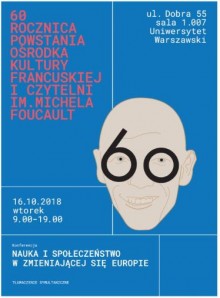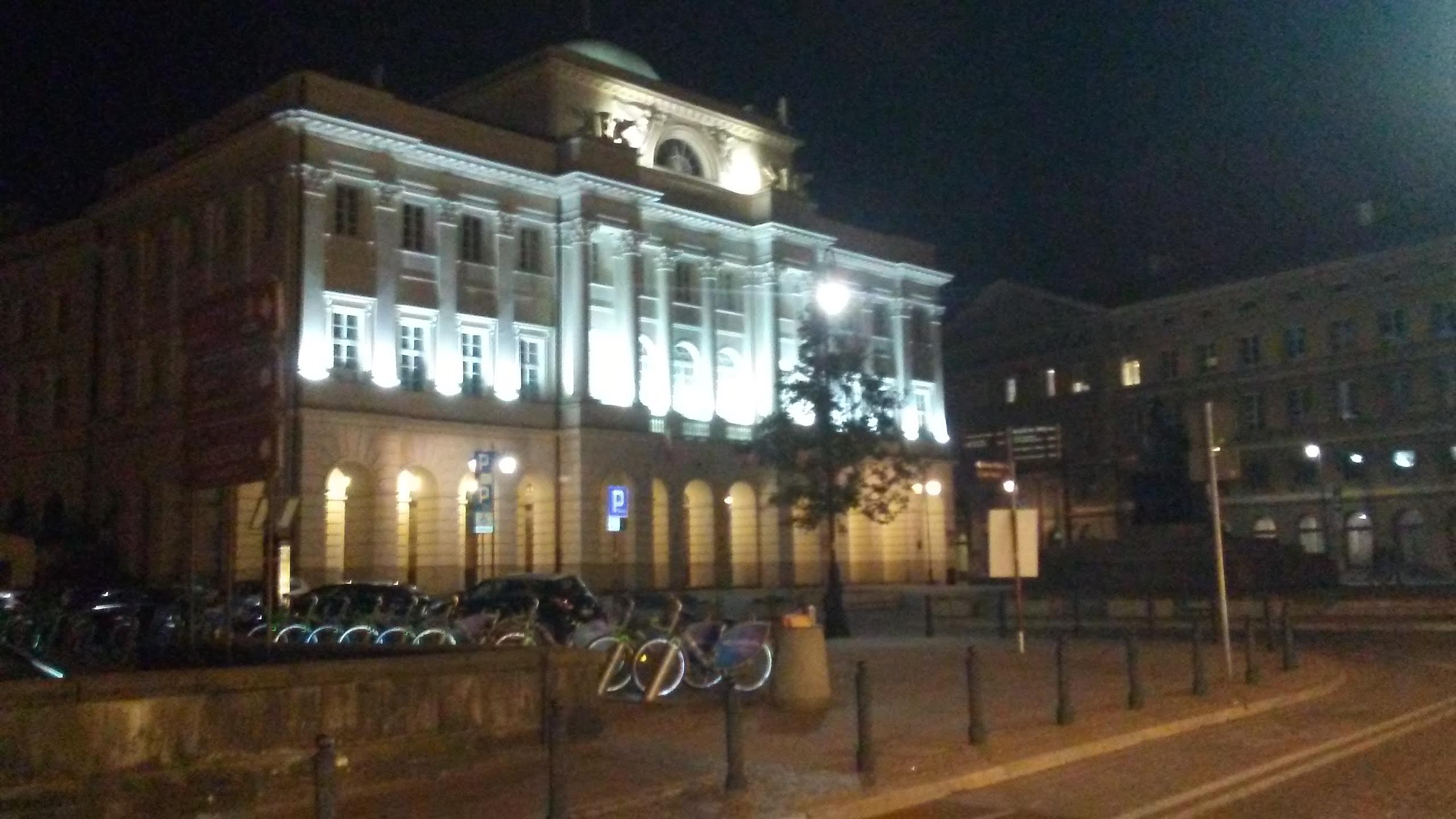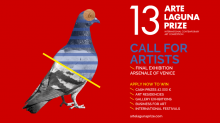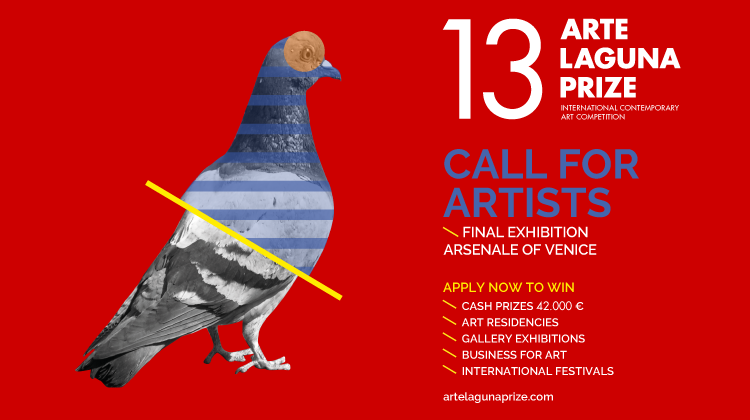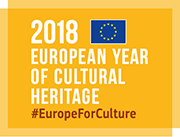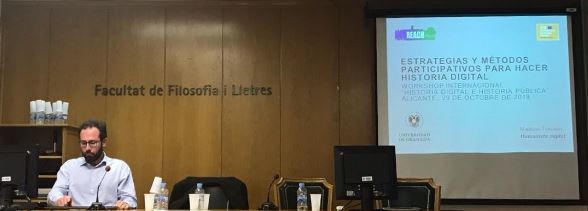 The meeting, held last 29th October at the University of Alicante, represented a good occasion for All those involved in the promotion an preservation of Cultural Heritage in order to introduce the projects they are currently carry on and debate on theoretical and practical aspects for promoting collaborative forms which help to “Build History”.
The meeting, held last 29th October at the University of Alicante, represented a good occasion for All those involved in the promotion an preservation of Cultural Heritage in order to introduce the projects they are currently carry on and debate on theoretical and practical aspects for promoting collaborative forms which help to “Build History”.
On this regard, Dr Maurizio Toscano, from the University of Granada, task leader of the Rural Heritage Pilot of REACH project, gave his contribute to the dialogue with a speech on “Participatory approaches and engagement strategies in Digital History projects“.
The workshop was organised in the framework of the “Guerra e Historia Pùblica” (GeHP, War and Public History), an interdisciplinary project which aims to set up a digital platform for sharing knowledge about the Independent War of the Community of Valencia (1808-1814) among citizen and in this way,educate to peace values and promote a sensible and engaged tourism.
The use of this smart platform will allow researches, teachers, tourism agents etc…to export data and re-use them for their purposes.
-
Join the
Digital Meets Culture
Newsletter! -
Join the
Digital Meets Culture
Open Newsroom! If you have interesting news and events to point out in the field of digital cultural heritage, we are waiting for your contribution.
If you have interesting news and events to point out in the field of digital cultural heritage, we are waiting for your contribution.
-
Free text
-
-
Upcoming events
 The Summer School will be held in Zlarin, Croatia, on September 20-24, 2024. The deadline for submissions to the Public Call is June 24, 2024.
The Summer School will be held in Zlarin, Croatia, on September 20-24, 2024. The deadline for submissions to the Public Call is June 24, 2024.-
 Following, an article from the project's team, providing a report of the meeting
Following, an article from the project's team, providing a report of the meeting“Programme of Small-scale partnership in school education of the Erasmus+ Project From İntangible Expression to Digital Cultural Heritage European number: 2021-Round 2-KA210-SCH-0A1738D9 Our last meeting in Turkiye took part from 23rd to 27th of October in 2023 with the participation … Continue reading →
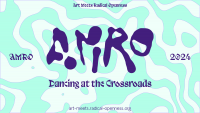 AMRO 2024 was held in Linz from May 8 to 10, 2024
AMRO 2024 was held in Linz from May 8 to 10, 2024The 2024 edition of Art Meets Radical Openness (AMRO), the biennial festival for art, hacktivism, and open cultures, has just come to an end. Held in Linz from May 8 to 10, it offered a context for discussing the … Continue reading →



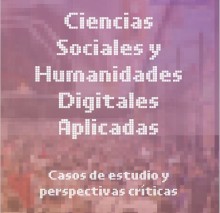
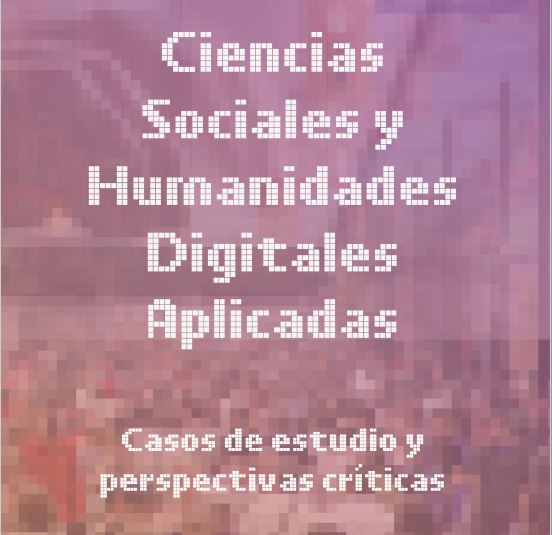
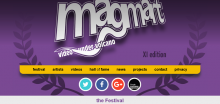
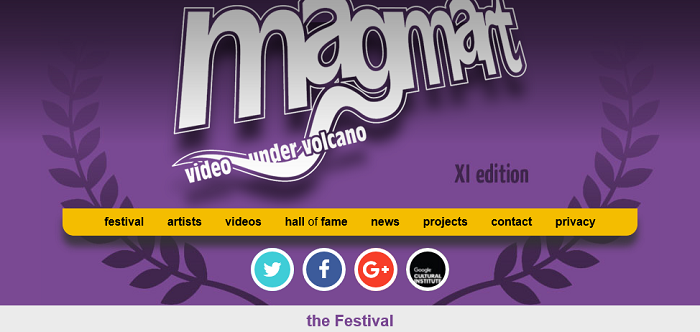

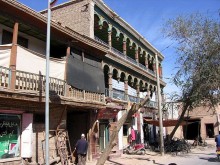
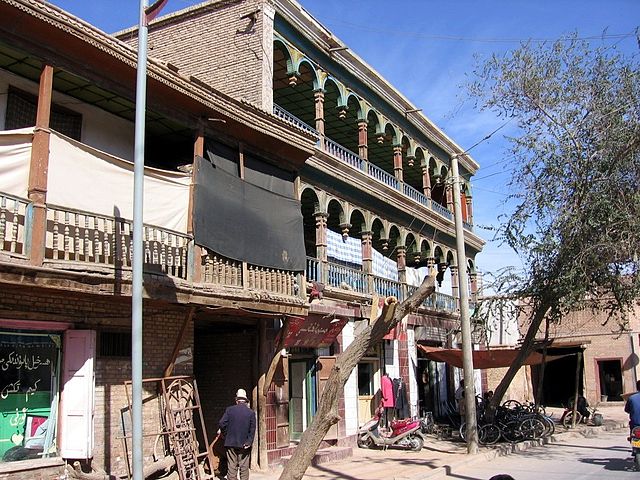 “Decoding Kashgar: A Digital Design Approach to Steer and Diversify Creative Engagement in Digital Heritage.” is the title of a PhD thesis by Serdar Aydin at the Victoria University of Wellington.
“Decoding Kashgar: A Digital Design Approach to Steer and Diversify Creative Engagement in Digital Heritage.” is the title of a PhD thesis by Serdar Aydin at the Victoria University of Wellington.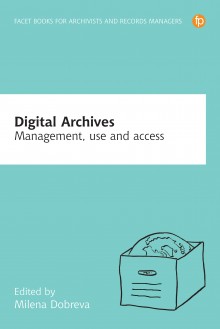
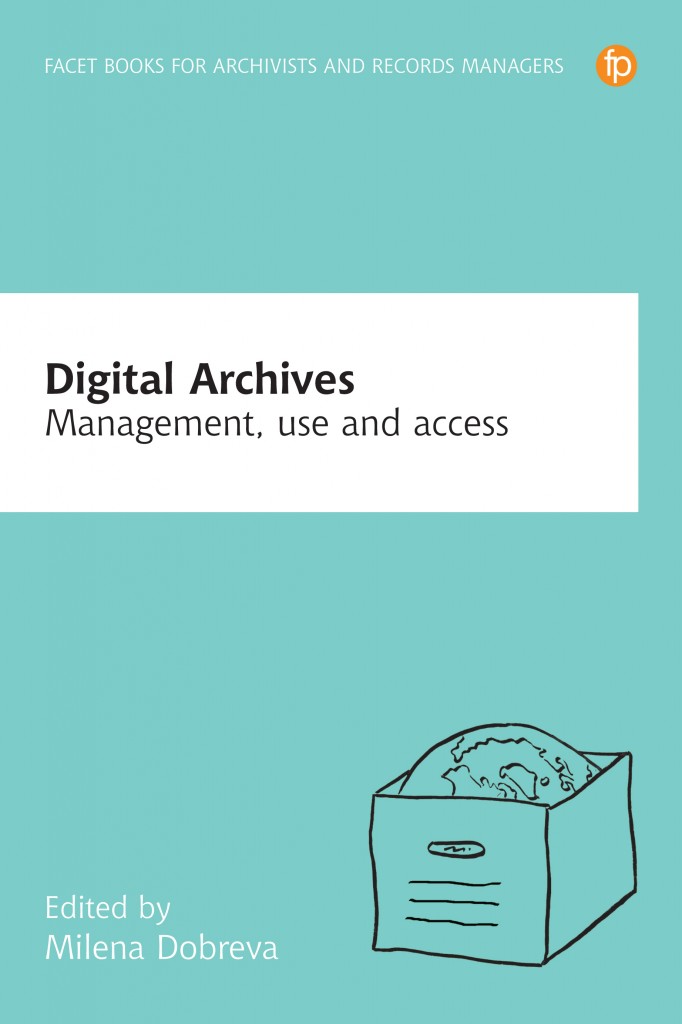 Today, accessibility to digital content is continuing to expand rapidly and all organizations which collect, preserve and provide access to the collective memory of humankind are expected to provide digital services. Does this transition into digital space require a substantial shift in the professional philosophy, knowledge and practice of archives?
Today, accessibility to digital content is continuing to expand rapidly and all organizations which collect, preserve and provide access to the collective memory of humankind are expected to provide digital services. Does this transition into digital space require a substantial shift in the professional philosophy, knowledge and practice of archives?